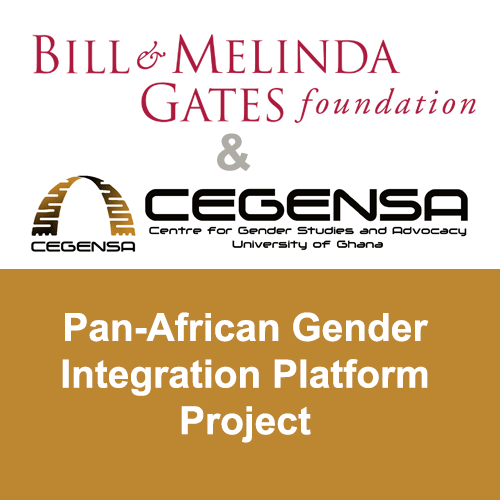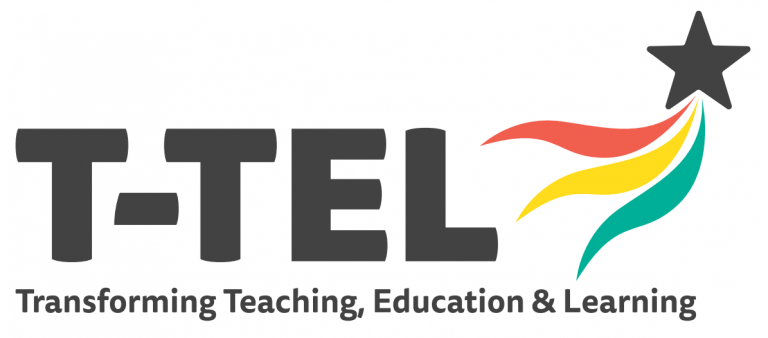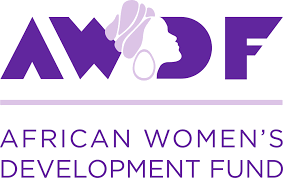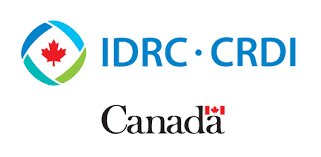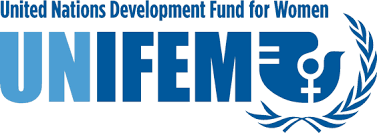Projects
Africa-based Gender Tech Platform for Gender Responsive Malaria Advocacy and Policy Project
The Centre for Gender Studies and Advocacy (CEGENSA) at the University of Ghana is partnering with the Bill and Melinda Gates Foundation (BMGF) to host the Pan-African Gender Integration Platform (PA-GIP) as an Africa-led resource for Gender Integration (GI) through knowledge generation and the provision of technical advisory services.
The Leaders in Teaching (LiT) project aims to improve the quality of teaching and learning in Ghanaian technical institutes (TIs), senior high schools (SHS), and senior high technical schools (SHTS). Its ultimate objective is to equip young people with the essential 21st Century Skills and competencies needed for lifelong learning, employability, and adulthood.
The Centre for Gender Studies and Advocacy (CEGENSA) at the University of Ghana, in collaboration with Transforming Teaching, Education, and Learning (T-TEL), is to augment the technical assistance and capacities of the Guidance and Counselling Unit of the Ghana Education Service (GES), by ensuring that Gender Equality and Social Inclusiveness (GESI) is present and applied in all four pillars of the project. This is to be achieved through the development of a Curriculum Writing Guide (CWG) that defines optimal practices in all aspects of GESI, counseling and guidance. It also includes focusing on the subject of female leadership in SHS/SHTS by assessing the effectiveness of School Improvement Plans (SIPs) using the Gender Equality and Social Inclusion (GESI) protocol. CEGENSA will further support management of schools in creating safe school environments that have the capacity to address issues such as sexual harassment and build a community of “GESI Allies” who will be drivers of the equality and inclusive agenda within the schools. Ultimately, the centre will generate recommendations and implementation plans to improve motivation within the teacher workforce.
CEGENSA has so far supported the project through a team of ten gender experts who were strategically drawn from different universities and across different disciplines. These experts have supported writers in the development of subject specific GESI sensitive resources. The CEGENSA team is also responsible for providing GESI training for the entire team and other partner institutions who are responsible for other aspects of the project.
The Centre for Gender Studies and Advocacy (CEGENSA) at the University of Ghana, in collaboration with Transforming Teaching, Education, and Learning (T-TEL), provides technical assistance and capacity building/strengthening in Gender Equality and Social Inclusion (GESI) and Guidance and Counselling on the LiT project. On this project, CEGENSA works with the Guidance and Counselling Unit of the Ghana Education Service (GES), the Curriculum Writers and other partners on the project to ensure that GESI is fully integrated in the project and its deliverables. CEGENSA is also conducting research on female leadership in SHS/SHTS by assessing the effectiveness of School Improvement Plans (SIPs) using the Gender Equality and Social Inclusion (GESI) protocol.
Empowering Women Academics and Accelerating their Progress in a Changing World” in partnership with the African Women’s Development Fund (AWDF)- 2024
The Centre for Gender Studies and Advocacy (CEGENSA) at the University of Ghana was supported by the African Women's Development Fund (AWDF) to organizes a special event themed "Empowering Women Academics and Accelerating their Progress in a Changing World" to honor distinguished mentors of female academics. This event is in commemoration of 2024 International Women's Day to celebrate the achievements and contributions of women in academics. It also aims to highlight the crucial role of mentorship in fostering a sense of empowerment and expediting the professional growth of women academics, particularly in the face of a rapidly changing world. The primary objective of this event is to help empower women academics to fully optimize their potential, strengthen their agency, and access leadership positions that will help make them agents of positive change and gender influencing.
Interrogating Large-Scale Land Acquisition and its Implication on Women
The Centre is currently working on a project titled, 'Interrogating Large-Scale Land Acquisition and its Implication on Women'-an IDRC (International Development Research Centre) sponsored research project which seeks to investigate how and under what circumstances women can be empowered to effectively participate in the processes of large-scale land acquisition in order to ensure better accountability and legitimacy in land governance in sub-Saharan Africa. Thus, the project seeks to explore the de jure and de facto ways in which land transitions between rural traditional leaders and global capital takes place and the ways in which different constituencies (women and men in the communities, NGOs and state officials) contest these practices.
As part of this, a project launch/an inception of the project was organised on May 15, 2014 at YIRI Lodge to bring aboard stakeholders and experts on the issue to discuss the project in detail in terms of methodology, research questions, possible research sites and advocacy efforts.
UNIFEM
CEGENSA together with the Ark Foundation, Ghana and the DV Coalition, the Centre undertook a three year UNIFEM sponsored project on HIV/AIDS entitled "Ameliorating the effects of violence and HIV/AIDS infection among selected groups in Southern Ghana".
Pathways of Women’s Empowerment Research Consortium
Pathways of Women's Empowerment Research Consortium is a five (5) year project funded by the Department of International Development, UK (DFID), which seeks to explore the variety and complex pathways that women around the world have sought to empower themselves while seeking to shape policy by interactions with policy institutions and policy makers through research and communications
This was an IDRC funded project which seeks to examine the changing nature of women's work, with particular reference to the banking and domestic sectors. It aims to produce knowledge about women's work in the two sectors to strengthen the appreciation of the implications of informalisation of work for the quality of work. This project is in its third and final year and CEGENSA is in the process of finalising year three's technical and financial reports.

